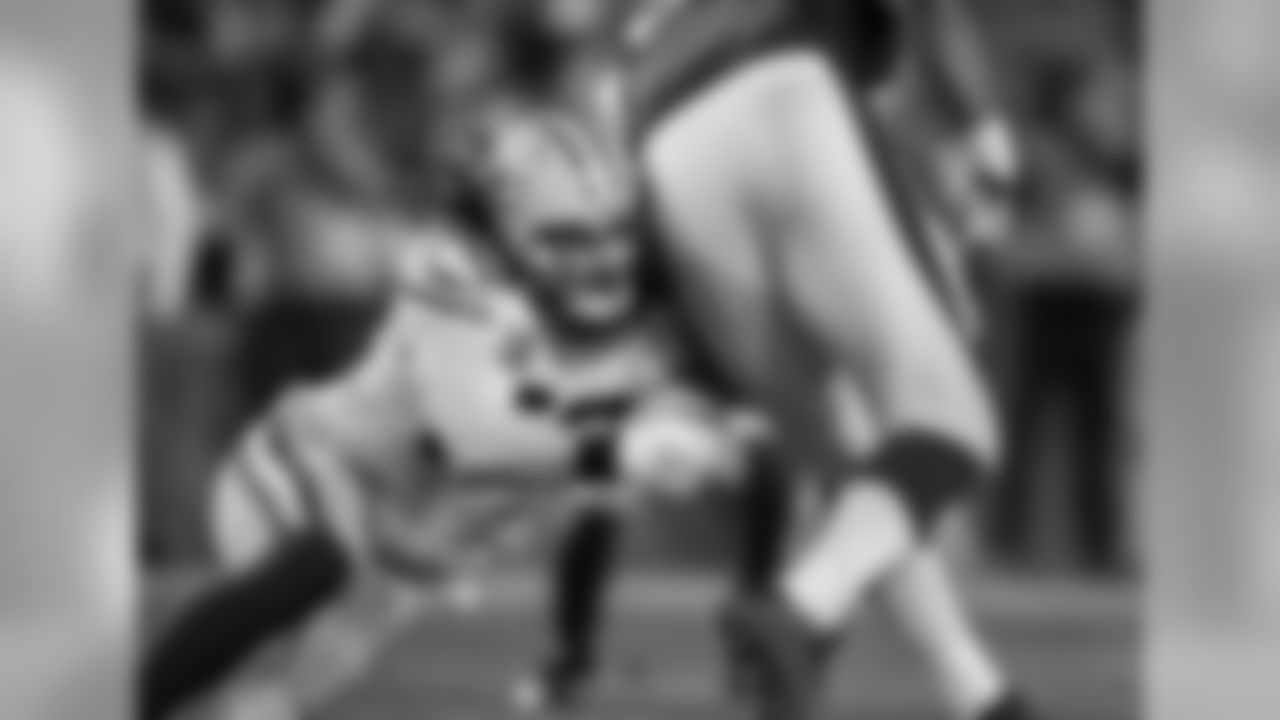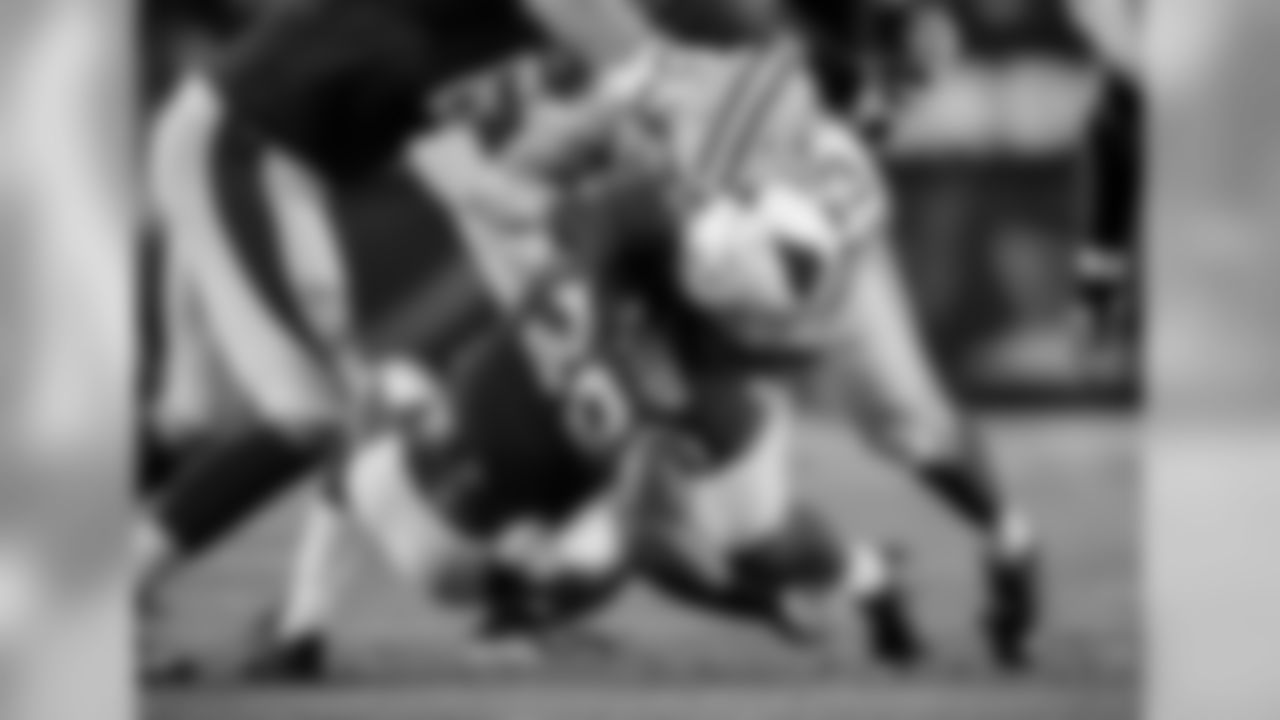GREEN BAY – For a defense that had done so much right for so much of the night, it's hard to explain how so many things could go wrong at once.
In addressing the media for the final time this season on Monday, Defensive Coordinator Dom Capers saw multiple breakdowns on Larry Fitzgerald's big 75-yard catch-and-run on the first play of overtime for Arizona.
First, the pass rush had a chance to corral and sack Cardinals QB Carson Palmer, but he escaped. Second, a coverage mixup on Fitzgerald's crossing route left him wide open on the left side of the field. Third, and most damaging, was the inability to get Fitzgerald on the ground.
"If we just leveraged the ball …," Capers said, referring to Fitzgerald being near the sideline before cutting it back through the teeth of the defense. "We had three guys overrun the play and missed three tackles.
"To go out and play as well as we played and have it finish that way was a frustrating thing. There were three obvious breakdowns on that play."
Capers said when Julius Peppers, who had dropped into coverage, left his shallow zone to chase a scrambling Palmer, he was doing what he was coached to do. Rookie cornerback Damarious Randall should have "carried" Fitzgerald across the field farther, based on the depth of the crossing route, rather than leave him go, but once Palmer got out of the pocket and made the throw, the damage still should have been minimized.
"You have to make your shots count on the quarterback. Pressuring like that, if he can extend the count for that long, someone is probably going to come open," Capers said. "Even the way the play developed, it should have been just a 25-yard gain."
The play ruined what had been an impressive night by Green Bay's defense against the NFL's No. 1 offense. In regulation play, the Packers allowed only one gain longer than 22 yards against a highly explosive unit.
For the second straight year, the Packers were playing their best defensive football at the most important time of the year, only to crumble with the game on the line.
The regrets went beyond the play in OT. Seeing the go-ahead TD pass late in the fourth quarter result from a textbook pass deflection by Randall on a slant to Fitzgerald was a stroke of rotten luck, but three plays before that, Sam Shields dropped an interception right in his hands that might have won the game.
"We had three balls in our hands which really could have influenced the game, three potential interceptions that we dropped," Capers said. All were by Shields, who was tremendous in coverage in his first game back in a month from a concussion but couldn't make the game-turning play. The irony is Shields is the Packers' all-time leader in postseason interceptions and has made those plays numerous times before.
The defense's strong night didn't come out of nowhere, either. Minnesota managed only 242 yards in Week 17, and a hot Washington offense was limited to just seven points over the final 43 minutes of the wild-card game.
View some of the best photos from Saturday's Packers-Cardinals Divisional playoff game matchup. Photos by Shawn Hubbard Photography.










































"We've grown as we've gone through the season," Capers said. "I felt like we were playing our best defense."
A lot of the growth was due to rookies Randall and Quinten Rollins in the defensive backfield, whose roles expanded in Shields' absence, and they came through.
"I like our young guys," Capers said. "Those guys will come back in much better prepared, with the offseason and the experience they gained this year. I feel good about those guys."
A number of free-agent decisions will need to be made as the personnel gets sorted out for next year. Outside linebackers Mike Neal and Nick Perry, defensive linemen B.J. Raji and Letroy Guion and cornerback Casey Hayward have all played out their contracts.
If Clay Matthews does move back to outside linebacker on a more regular basis, as Mike McCarthy suggested is the plan, Capers still wants to move him around to take advantage of certain pass-rush matchups.
He likes to do the same with Peppers, the ageless wonder whom Capers credited with being the consummate pro and an example every coach can point to for young players, taking notes up front during meetings and never missing practice.
"I think he's really played his best the last two years at the end of the season," Capers said. "As I look at him, you don't see the signs at the end of the season that the arrow is not pointing up. Part of that is we've been able to control his reps and to try to keep him fresh so he'd be at the best when we get to that point in the playoffs."















